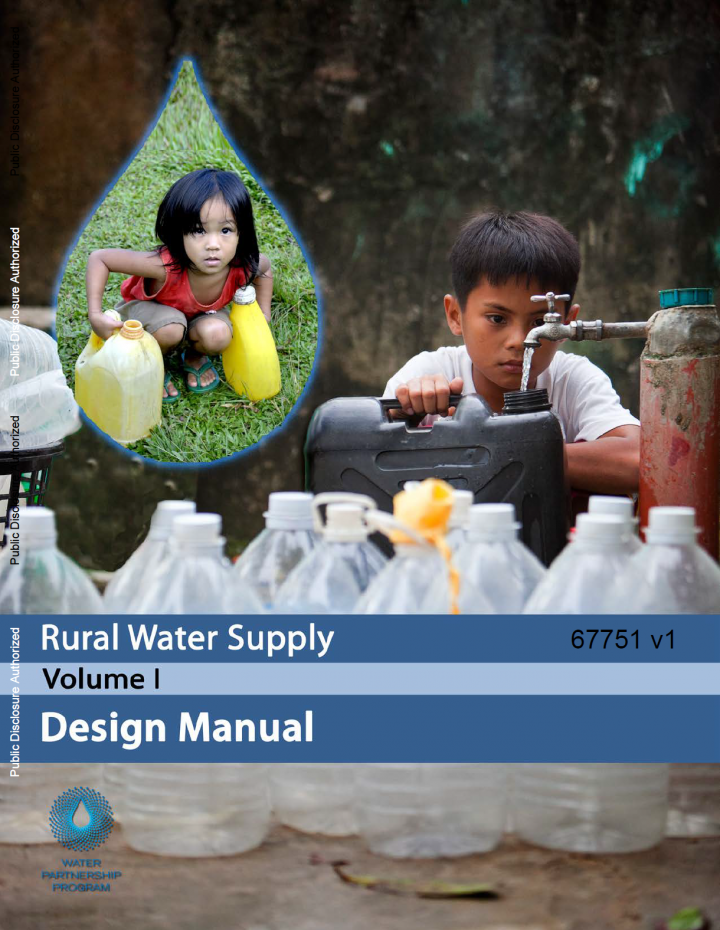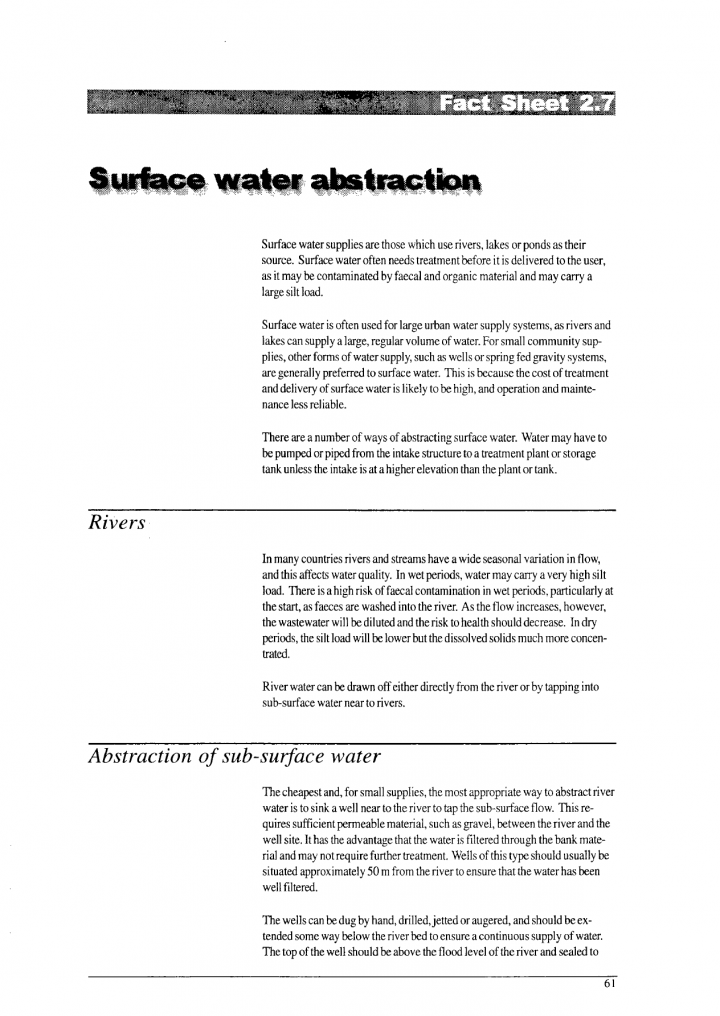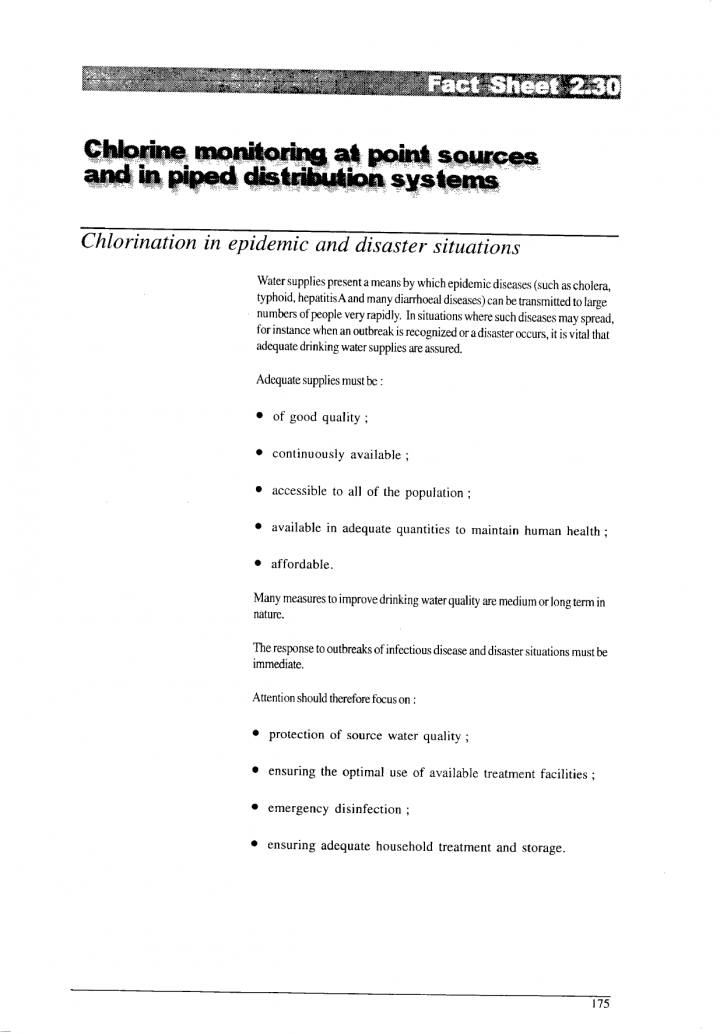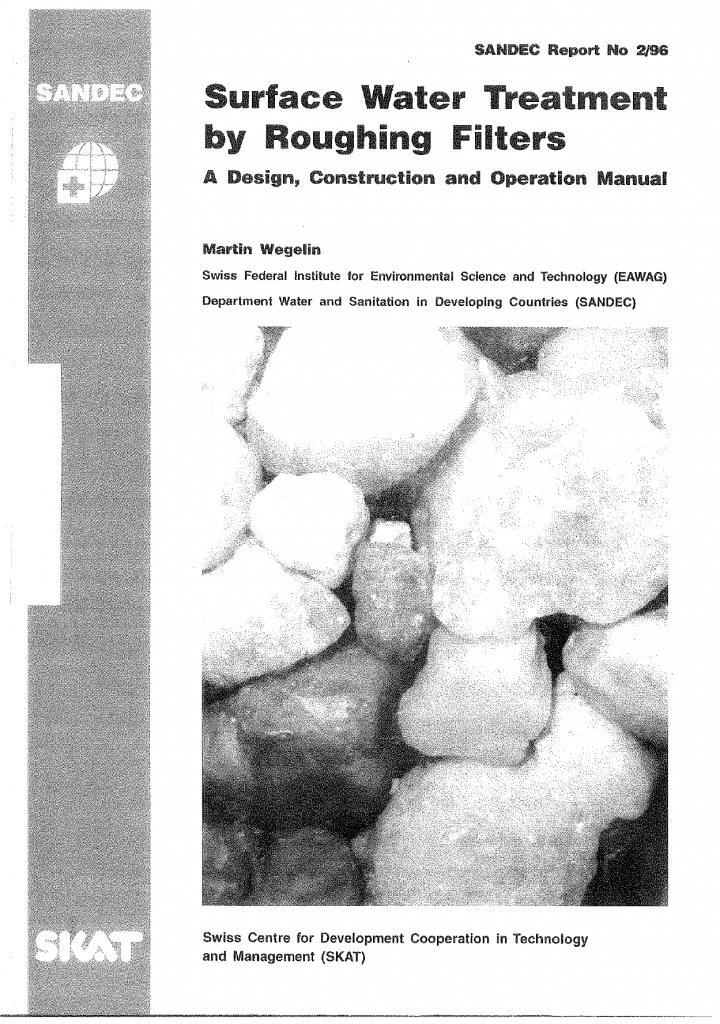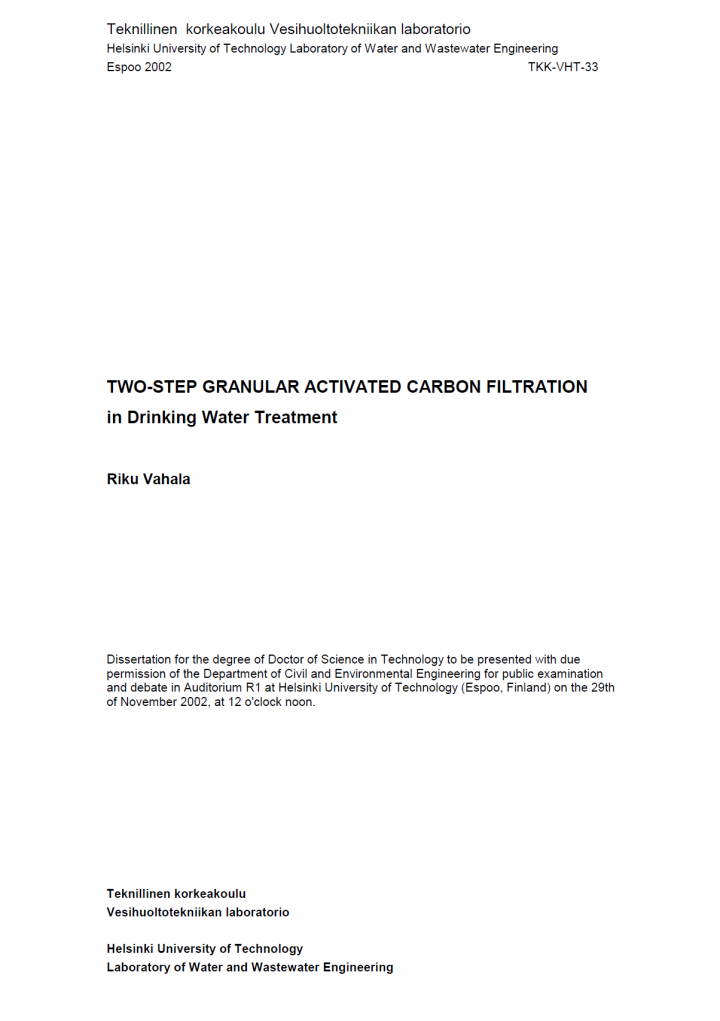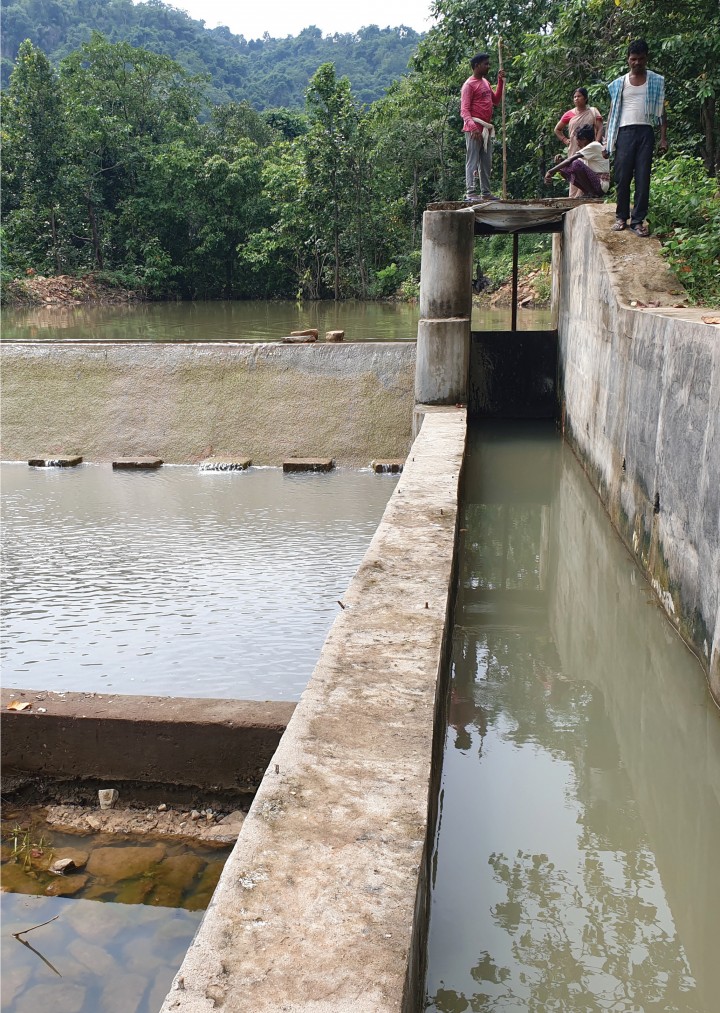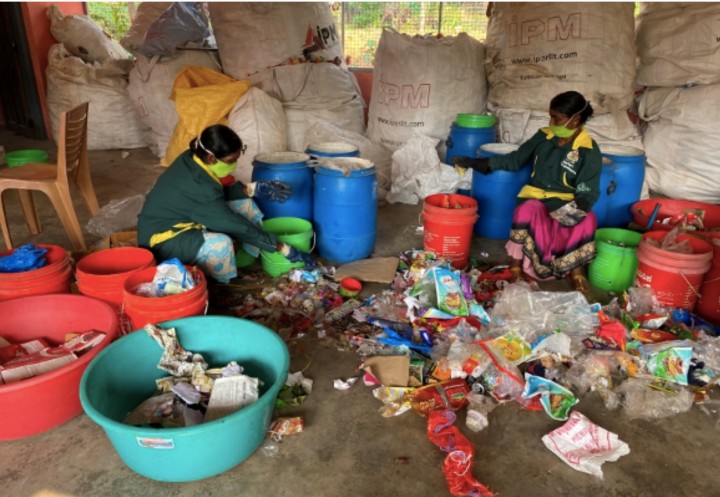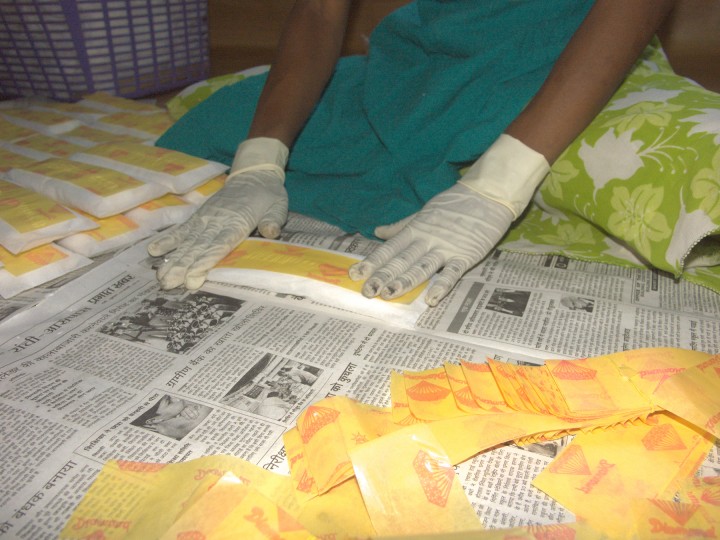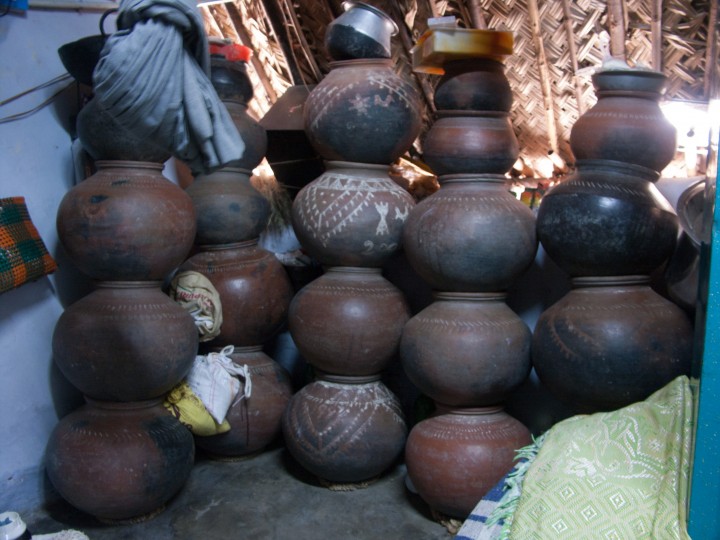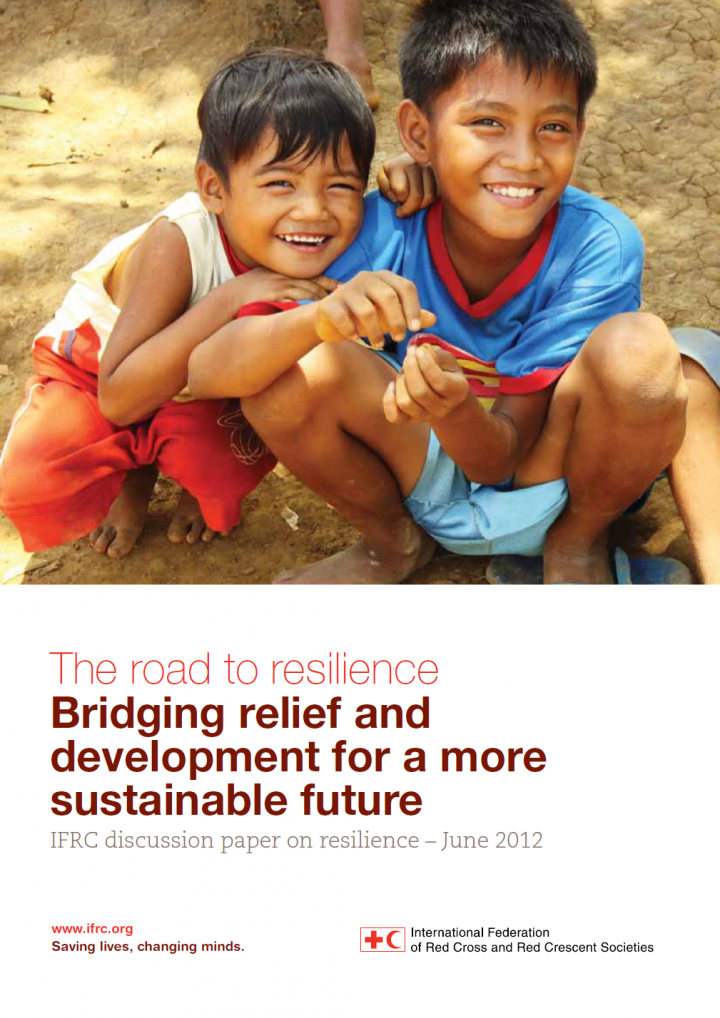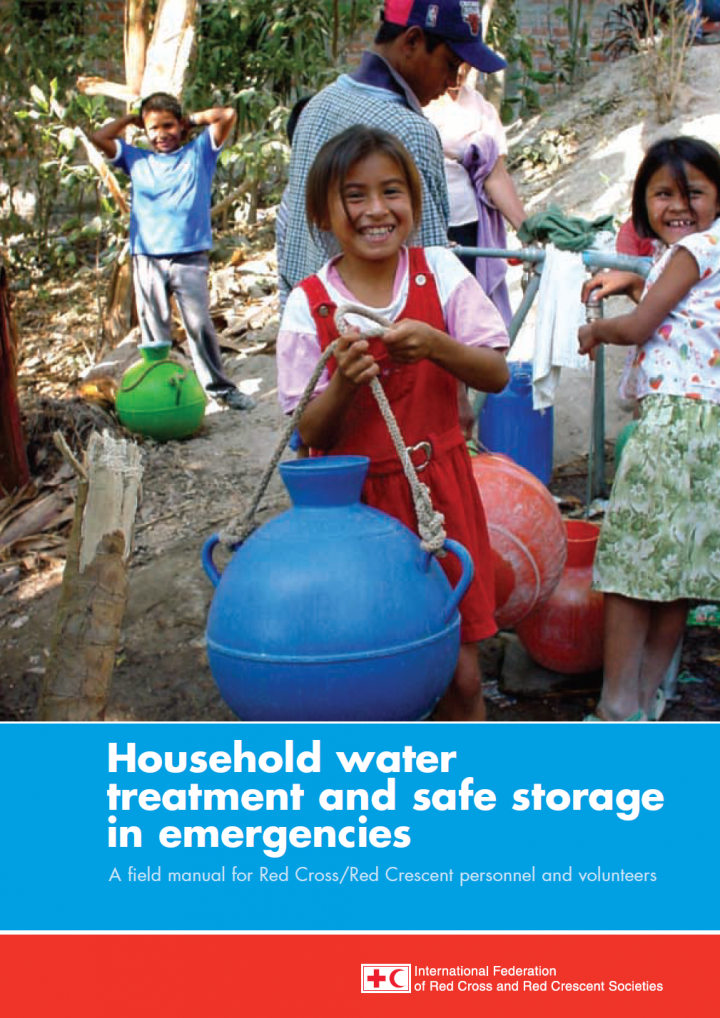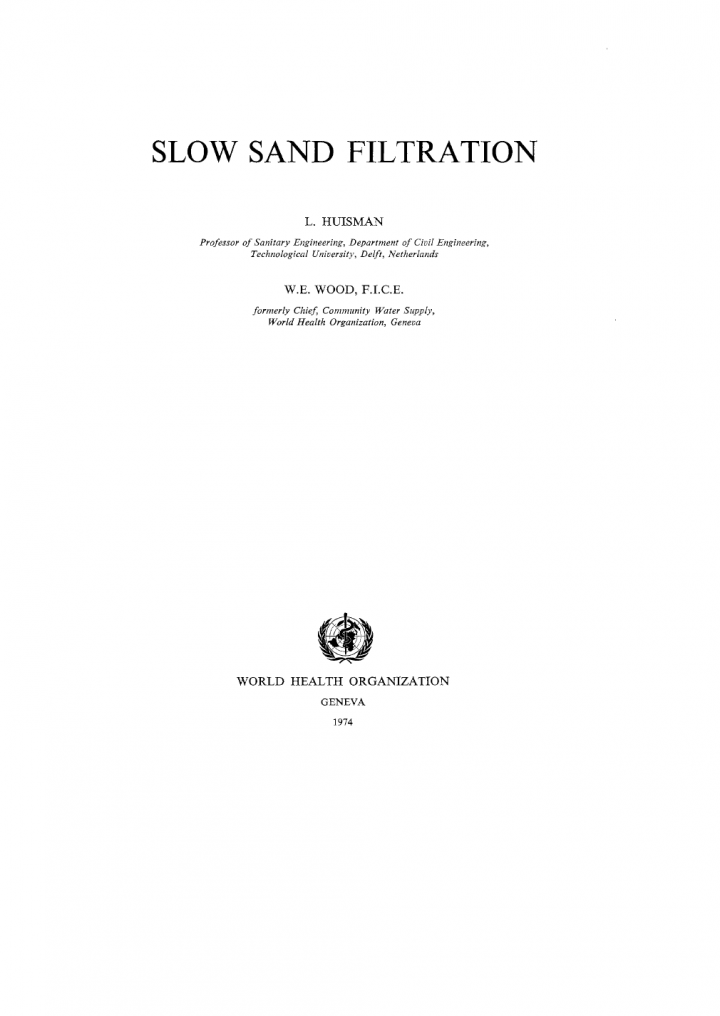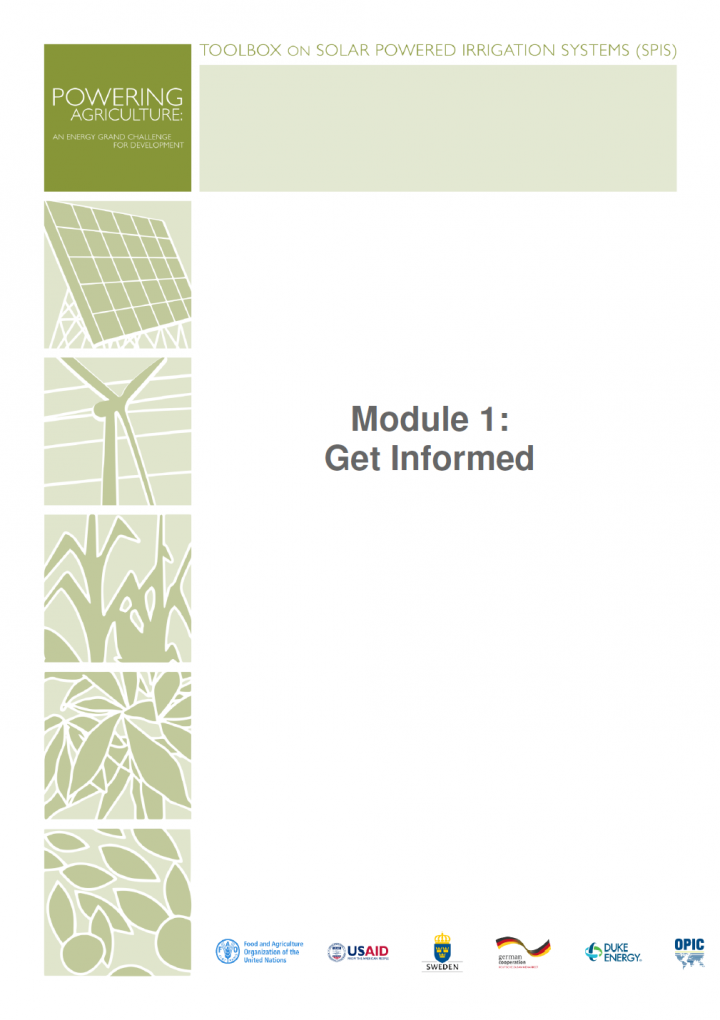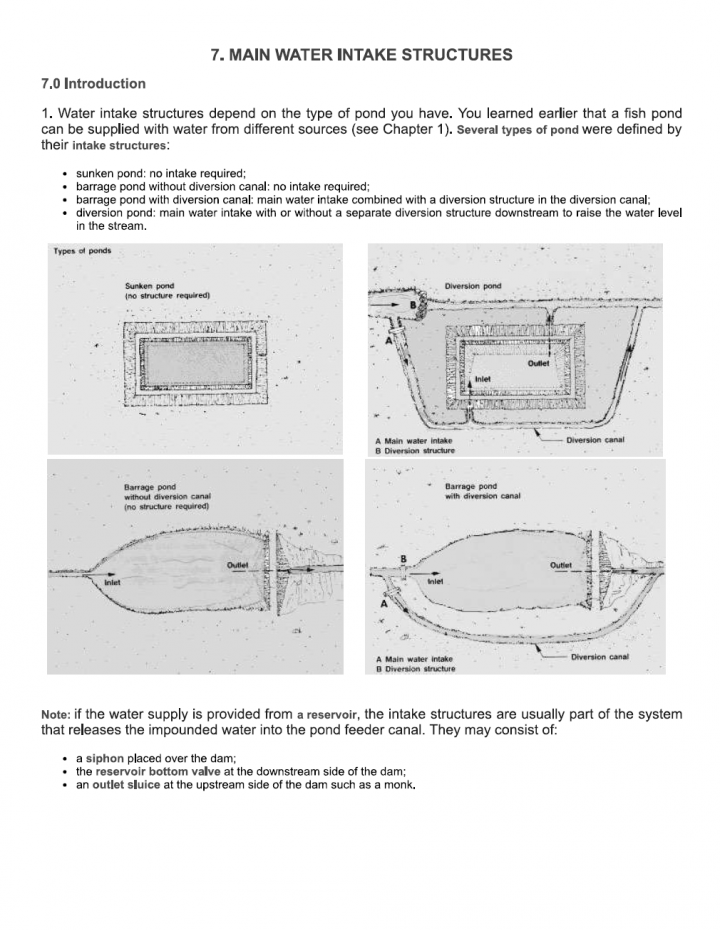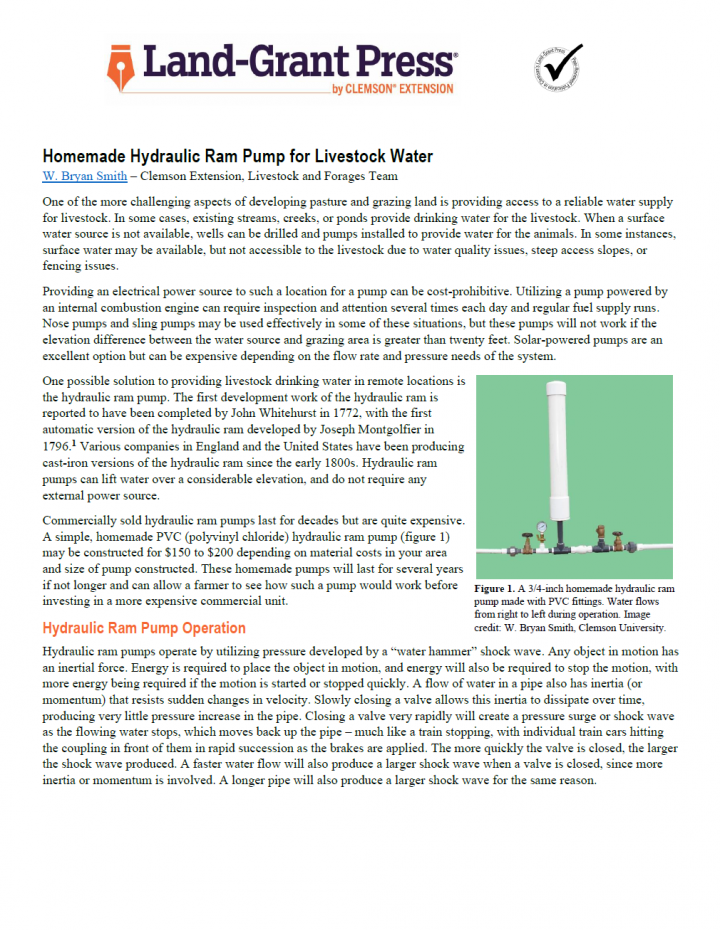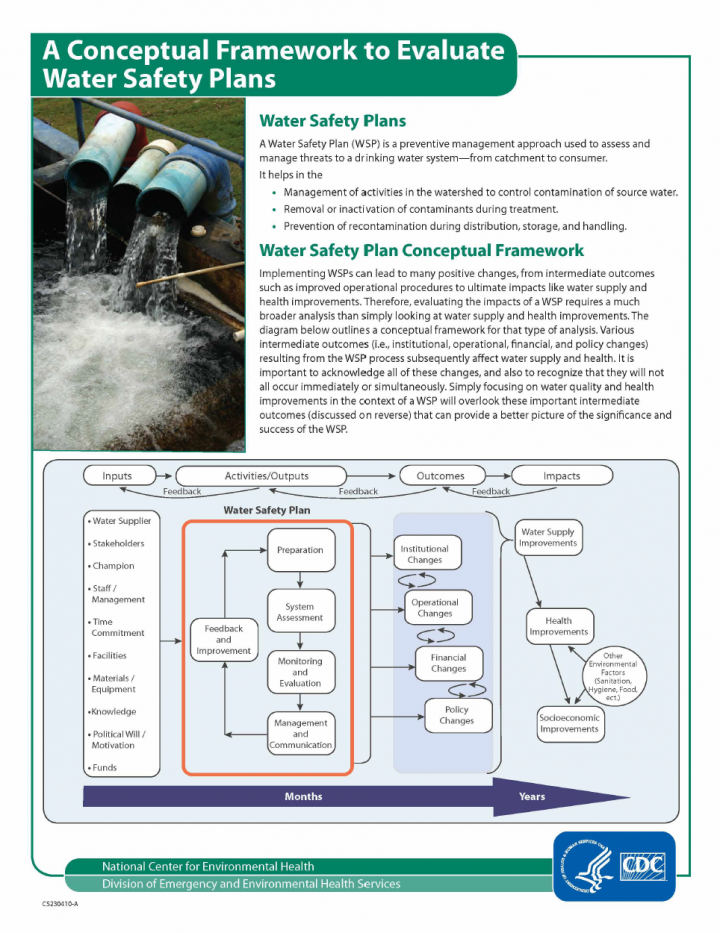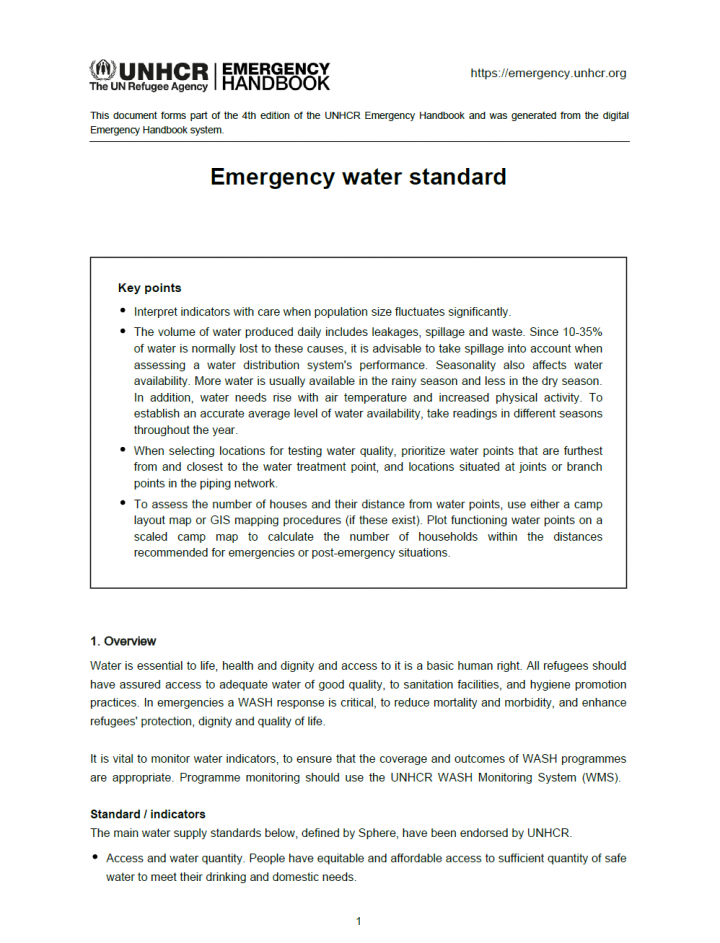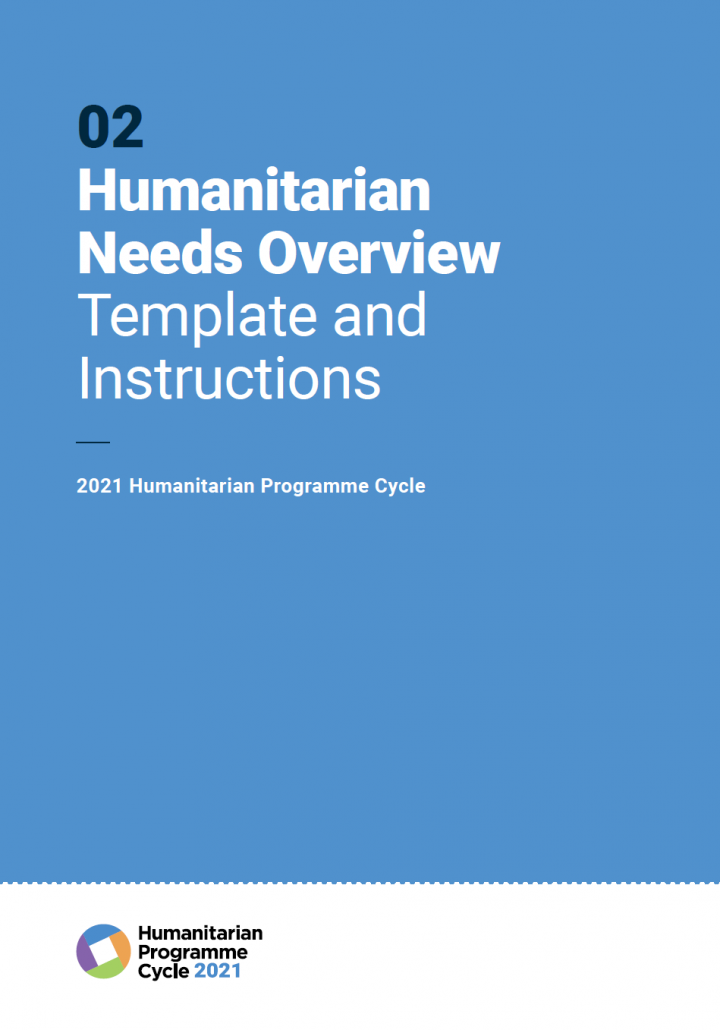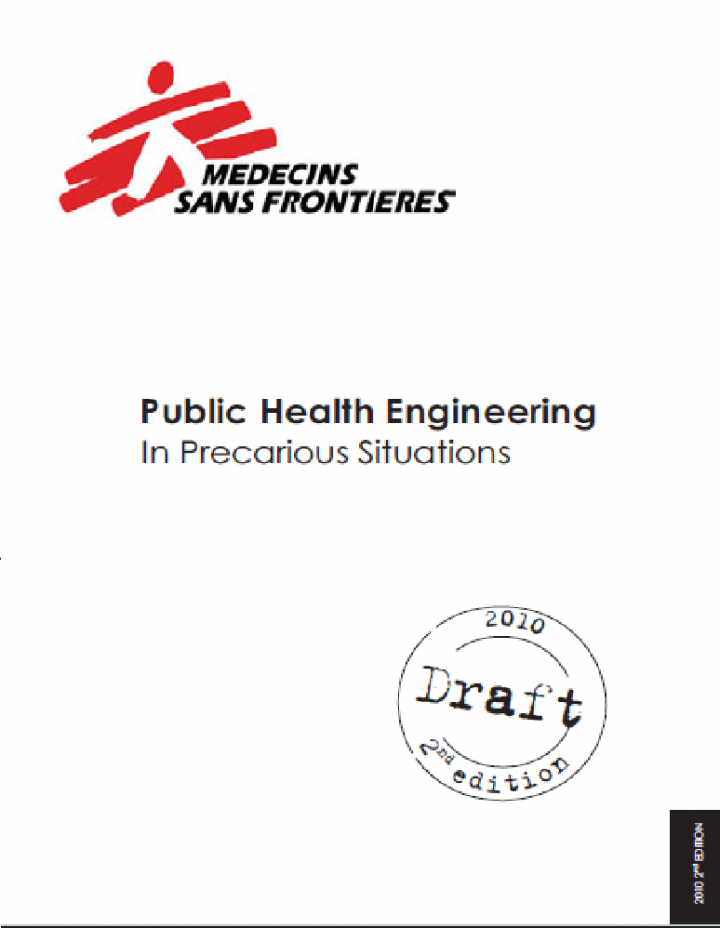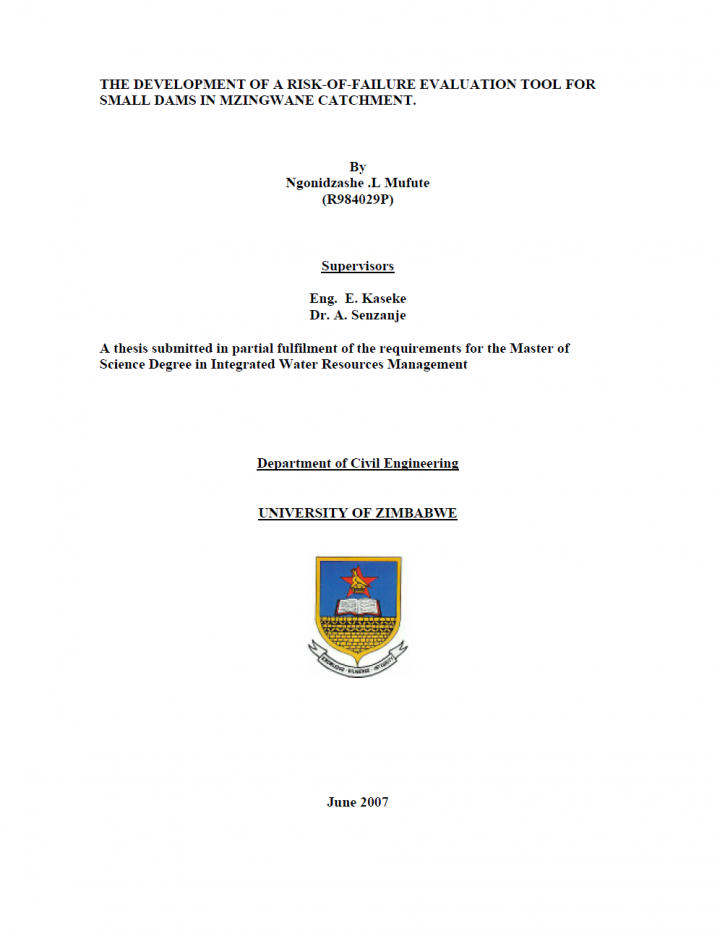World Bank (2012) Rural Water Supply Design Manual Volume 1
This RURAL WATER SUPPLY DESIGN MANUAL is the first of three related volumes prepared for the use of prospective and actual owners, operators, managements, technical staff, consultants, government planners and contractors of small Level III and Level II water supply systems in the Philippines. Its purpose is to introduce the key concepts and considerations involved in the design of small waterworks facilities for Level II […]
WHO (1996) Surface water abstraction
A factsheet about surface water abstraction, its sources and maintenance tasks.
WHO (1996) Chlorine monitoring at point sources and in piped distribution systems
A factsheet about chlorination in epidemic and disaster situations.
Wegelin, M. (1996) Surface Water Treatment by Roughing Filters A Design, Construction and Operation Manual
Slow sand filtration applied as surface water treatment is particularly effective in improving the microbiological water quality. However, efficient application of this treatment process requires raw water of low turbidity. Pretreatment of surface water containing solid matter loads is therefore necessary. Chemical flocculation in conjunction with sedimentation for solid matter separation is generally inapplicable in rural water supplies of developing countries for a number of […]
Vahala, R. (2002) Two-Step Granular Activated Carbon Filtration in Drinking Water Treatment
In the treatment of Finnish surface waters, the main objective is to reduce natural organic matter (NOM) before the water is disinfected. In many treatment plants, granular activated carbon (GAC) filtration is applied for the enhanced removal of NOM after conventional treatment. The aim of this study was to assess the performance of two-step GAC filtration in NOM removal from cold humic lake water and […]
Youth4Water (2021) Communities in water conservation and security
Youth4Water was conceptualised to harness the power of youth to raise awareness and initiate action on water conservation and related fields such as sanitation and hygiene. It is heartening to know that the campaign has been able to mobilise thousands of youth across the state in just one year. The youth got […]
UNICEF (2020) Effective Management of Solid Waste in Waranga GP, India
The Waranga panchayat in Hebri Taluk of Udipi district has seen an extensive change in the way it manages waste. Since 2017, the panchayat has initiated actions towards safely managing its solid waste. Waranga has achieved significant change and stands as an example to many panchayats on solid waste management (SWM). Being a Grade-I panchayat with 8000 population living in 1500 […]
Premchand, K., Khan, D. (2021) SHGs of Jharkhand are leading way for hygiene promotion and manufacturing low-cost soaps
With UNICEFʼs technical support more than 800 women members of 89 Self Help Groups form rural areas of Jharkhand are promoting handwashing with soap and established low cost soap manufacturing units in seven districts.
Patidar, N., Mathur, P. (2021) Ensuring drinking water safety
Madhya Pradesh is moving towards ensuring drinking water safety through accreditation of water testing laboratories and strengthening community level water quality surveillance systems Water quality testing tools need to be used for deciding the safety of drinking water at source, within distribution system and at consumer level. Drinking Water quality monitoring and surveillance are distinct, but closely related activities. PHED (Public Health Engineering Department) plays important […]
IFRC (2012) The road to resilience Bridging relief and development for a more sustainable future IFRC discussion paper on resilience – June 2012
The purpose of this document is to present to our key partners the IFRC’s definition of and perspectives on resilience. It also serves as a reference across the network of National Societies. We invite all key stakeholders to support the Red Cross Red Crescent’s operational work on resilience so that together we can bring about the serious changes needed for sustainable development in the years […]
IFRC (2008) Household water treatment and safe storage in emergencies A field manual for Red Cross/Red Crescent personnel and volunteers
It is always better to use water from a clean source that’s stored in a safe way. However, this is not always possible, especially in an emergency. Something may have made the source unclean or unusable. Or a population may not have access to clean containers or practice good hygiene behaviour. One approach to this problem is treating water at the household level. This is often […]
Huisman, L, Wood, W.E. (1974) Slow Sand Filtration
GIZ, FAO (2018) Toolbox on Solar Powered Irrigation Systems
Compared to conventional energy systems, the use of solar energy has some specific characteristics, which must be considered when planning a Solar Powered Irrigation System (see DESIGNmodule). The following steps describe in detail the available configurations and individual system components of an SPIS operating under constantly varying conditions due to daily and seasonal fluctuations. The description of the individual components of an SPIS and the […]
Smith, B. W. (2019) Homemade Hydraulic Ram Pump for Livestock Water
One of the more challenging aspects of developing pasture and grazing land is providing access to a reliable water supply for livestock. In some cases, existing streams, creeks, or ponds provide drinking water for the livestock. When a surface water source is not available, wells can be drilled and pumps installed to provide water for the animals. In some instances, surface water may be available, […]
CDC (2012) A Conceptual Framework to Evaluate Water Safety Plans
A Water Safety Plan (WSP) is a preventive management approach used to assess and manage threats to a drinking water system— from catchment to consumer.It helps in the • Management of activities in the watershed to control contamination of source water. • Removal or inactivation of contaminants during treatment. • Prevention of recontamination during distribution, storage, and handling. Implementing WSPs can lead to many positive changes, from intermediate outcomes […]
UNHCR (2021) Emergency water standard
Water is essential to life, health and dignity and access to it is a basic human right. All refugees should have assured access to adequate water of good quality, to sanitation facilities, and hygiene promotion practices. In emergencies a WASH response is critical, to reduce mortality and morbidity, and enhance refugees' protection, dignity and quality of life. It is vital to monitor water indicators, to ensure […]
UN OCHA (2020) Humanitarian Needs Overview
This document provides an overview of what information to present and how to do so in the development of the Humanitarian Needs Overview. It should be read alongside the: The HPC Step-by-Step re-asserts the sequence of the needs analysis and planning, with needs analysis directly informing the decision-making with regards to response, whether for the preparation of new plans or adjustments to existing ones. […]
Noortgate, J., Maes, P. (2010) Public Health Engineering in precarious situations
This handbook supports the implementation of health programmes in deprived environments, in particular in closed settings like refugees and displaced persons camps, in health structure. The purpose is to increase the effectiveness with which relief workers can provide sound water, hygiene and sanitation assistance in precarious situations.
Mufute, N. L. (2007) The development of a risk-of-failure evaluation tool for small dams in Mzingwane catchment
World wide attention is given to the prevention of failure of medium to large sized dams, with little attention being paid to small dams. As a result the physical condition of small dams is generally poor, making them susceptible to failure. However, small reservoirs are an important source of both primary and productive water for rural communities. It is against this background that this study […]
